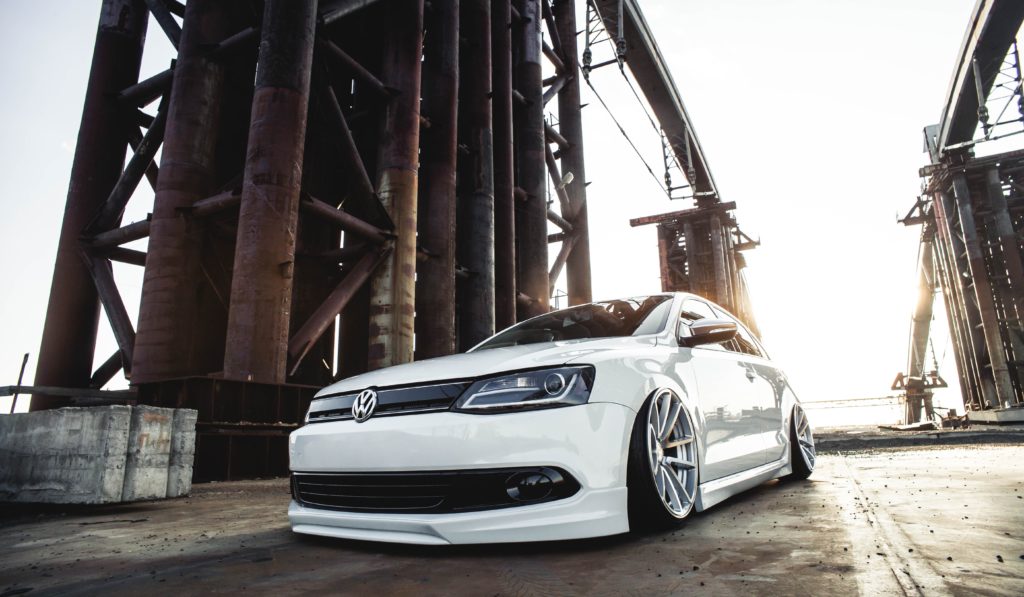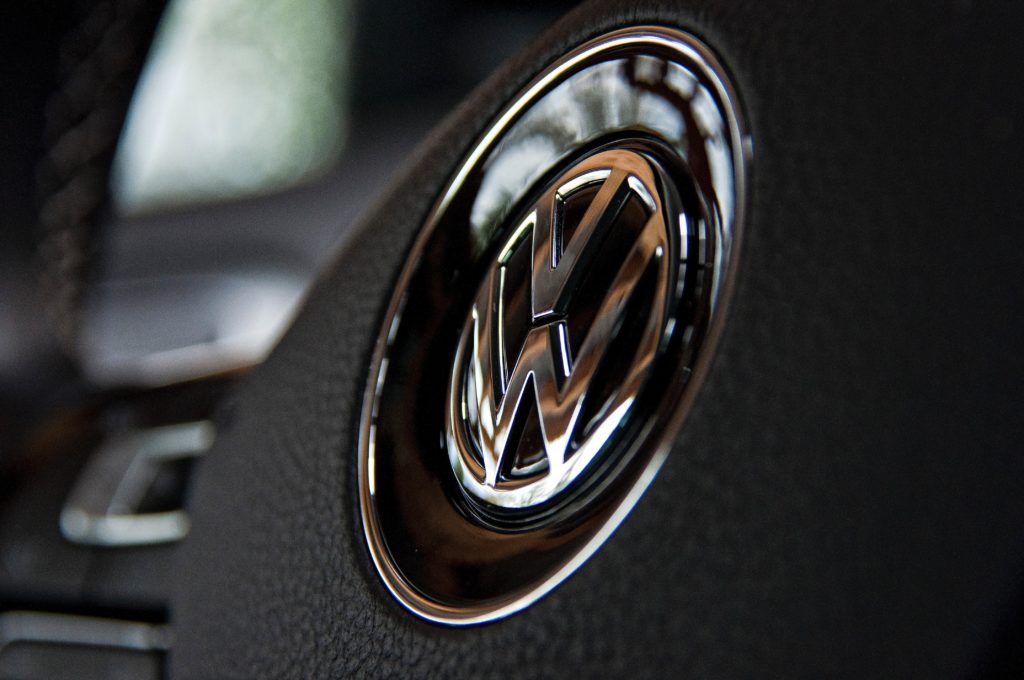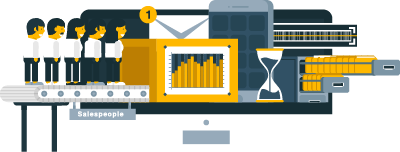Talk to Sales: (401) 200-6026

Tired of hearing people ask, “Is diesel dead?” Here’s what you can tell them.
It may seem like only yesterday, but it’s been a while since the Environmental Protection Agency (EPA) discovered Volkswagen’s attempt to cheat emissions tests. The company had installed a “defeat device” in about 11 million diesel engines — the same engines that were part of an enormous advertising campaign touting low emissions vehicles.
In the fall of 2016, VW launched a settlement for drivers, committing to pay up to $10 billion to owners and lessees of eligible VW and Audi 2.0-liter diesel cars. These individuals have two options:
1. VW will buyback the car (or early lease termination), plus cash.
2. If an individual wants to keep their car, they can bring it in to have EPA and CARB-approved modifications made to improve emissions, plus receive cash.
But what if a car buyer walks into your dealership and wants to use their VW diesel car as a trade-in? Is diesel dead? Should you—or can you—accept the trade-in?

What auto dealers should know: Are customers still buying VW diesel vehicles? Or is diesel dead?
The VW scandal has been a pain for auto dealers around the U.S., but there is a light at the end of the tunnel. Here are some important things you should know:
The most important website you should get familiar with is www.vwcourtsettlement.com — this is the official website for the VW settlement, and everything needs to go through that site. If you have VW diesel cars on your lot right now, or a customer wants to use one as a trade-in, you can check the VINs on this website to see if they qualify.
VW dealers cannot sell used TDIs of any model years, but independent dealers and non-VW franchises can, as there is no federal law restricting used cars under recall from being sold.
If a customer wants to trade in their eligible VW or Audi, it’s your job to ensure they understand what they may be giving up by trading in at your dealership. Talk to them about the settlement and be sure they know about the buyback option and the modification option. Many owners and lessees find the Volkswagen settlement to provide very attractive options, but there could be a chance they don’t want to deal with it and just want to trade in their current vehicle. That’s fine but do your due diligence first.
Can you still profit by having these vehicles on your lot? Right now, yes, it’s very likely. VW is accepting buybacks until September 1, 2018, and there are a lot of people out there who are actively searching for VW diesel vehicles to buy for the sole purpose of making a profit from having VW buy them back.
When Volkswagen resumed sales of its diesel cars in April 2017, customers lined up to buy them. Many VW customers love their diesel vehicles, but these models are the last ones VW plans to sell in the U.S.—so the demand is high. USA TODAY reported that a dealership in Michigan said it received five offers for every diesel VW car it had.
If a customer knowingly trades in an eligible vehicle that has not been modified yet, your dealership is allowed to submit it as a buyback. Time is money on a lot, so many dealerships don’t prefer this option—but VW is offering thousands of dollars more than a car’s current replacement value, so it may be worth your while.
There are still plenty of rules dealerships need to follow in the wake of this scandal, so be sure that you and your staff are fully aware of your obligations and responsibilities under the law.

The future of diesel: Is diesel dead?
If you’ve attended any networking events or industry conferences recently, there’s a common question that keeps coming up among automotive professionals — is diesel dead? How should we be preparing for the future?
Diesel isn’t dead yet—but it certainly seems that it will have a decreasing role as time goes on. It was initially thought of as a miracle fuel that was good for the environment and saved consumers money, however, once the adverse health effects became public, diesel didn’t seem so great anymore.
“The stock of [diesel] vehicles will take time to be phased out, but I only see momentum building to move away from diesel,” said Romain Lacombe, founder of Plume Labs, speaking with The Guardian. “There is a rising understanding of how damaging to health diesel emissions are. People are beginning to realize they are the first victim of their own vehicle. It’s a personal health issue, a life or death issue.”
Gasoline has remained relatively inexpensive in the U.S., and American automakers have primarily focused on hybrid and electric vehicles, so diesel never became as prominent in our country as it did in Europe. It seems that this electric/hybrid focus will continue in the U.S. and eventually, diesel vehicles will just become a distant memory.
Interested in an Affordable, Full-Featured Auto Dealer CRM?
Schedule an AutoRaptor Demo Now!





